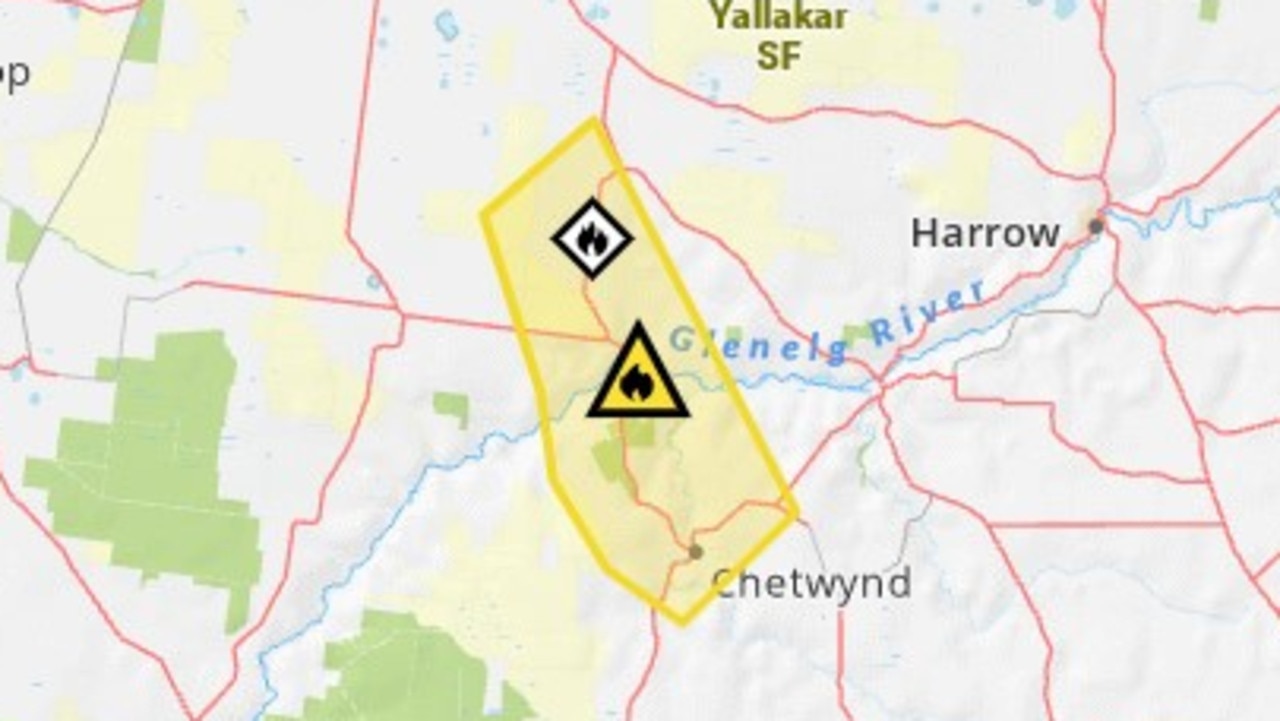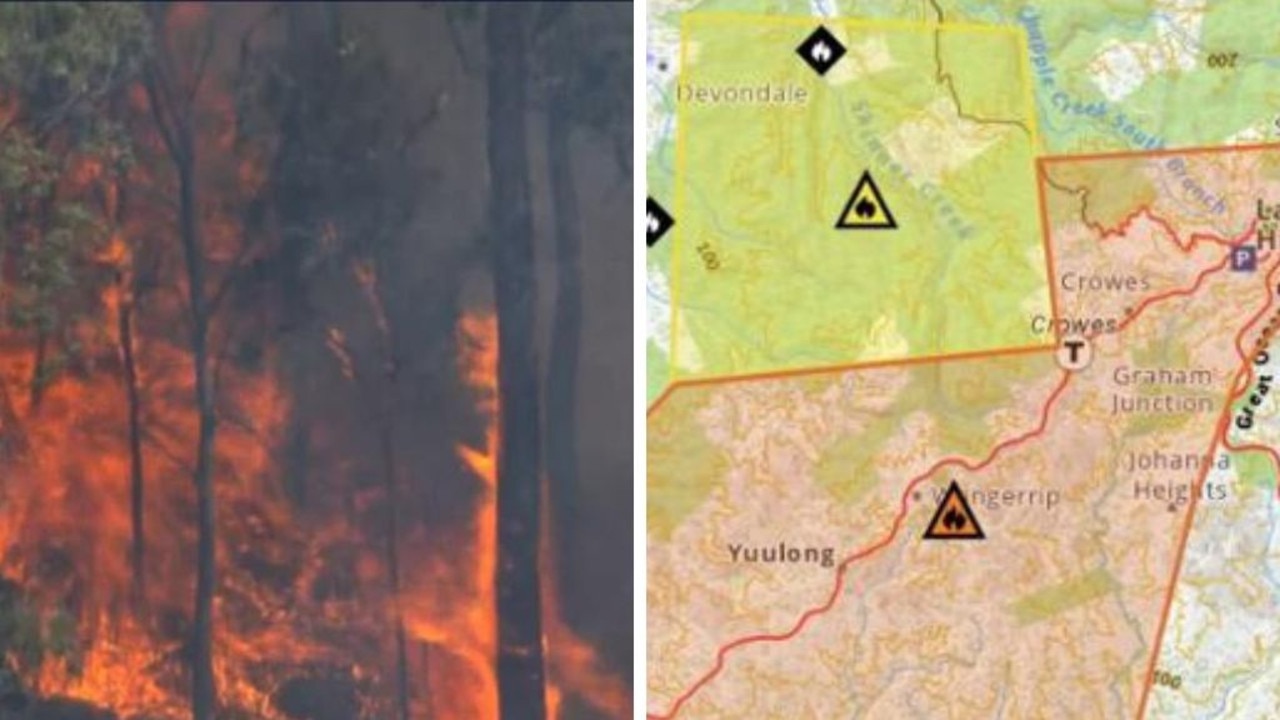6 years, 123 days, 20 hours to stop climate warming to 1.5C
About 300 experts have contributed to a damning report that confirms the world’s worst fears.
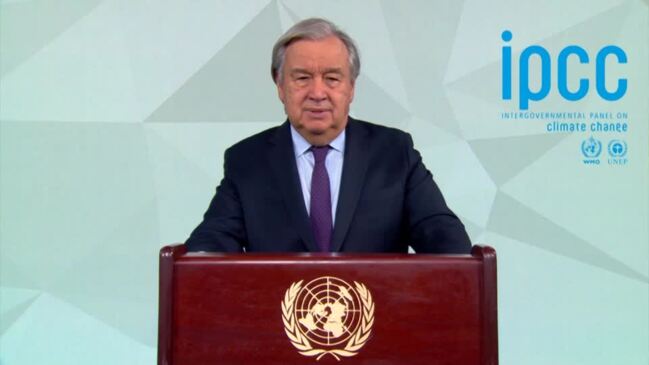
Climate Change
Don't miss out on the headlines from Climate Change. Followed categories will be added to My News.
Leading scientists have warned that we are almost half way through the “last chance decade” to pull the brakes on climate change.
Almost 300 scientists across 67 countries contributed to the Intergovernmental Panel on Climate Change’s (IPCC) latest report which was released at midnight (AEST) on Tuesday.
The sixth in a series of damning assessment reports lays bare the most critical information nations need to cap global warming at 1.5C before 2030.
“6 years, 123 days and 22 hours,” was the time on the Climate Clock when the new report was released.
The Climate Clock is an initiative by climate activists to demonstrate the time remaining before 2030 deadline.


“[The report] is one more wake up call that our best window for action is closing as each second, hour, day, and year ticks by,” Climate Clock co-founder Gan Golan said.
At this stage, there will be no other IPCC report released before 2030 – the same year that climate scientists warn will be a turning point in climate change’s progress.
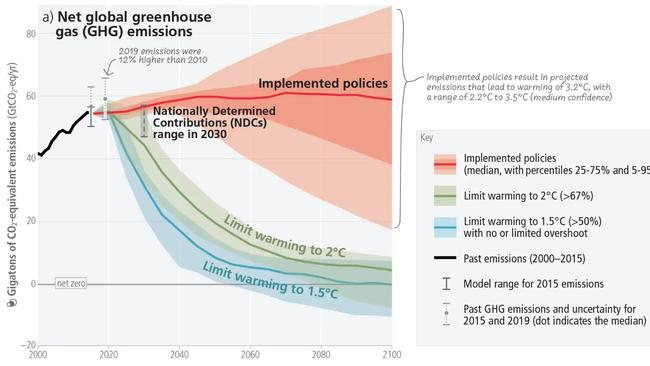
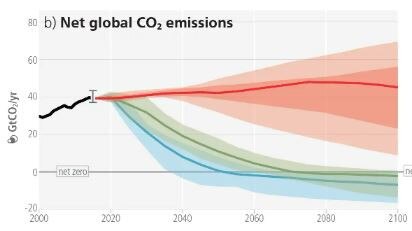
This means it is effectively the last chance to warn the public before it is impossible to avoid exceeding the 1.5C global warming point of no return.
“This is our final warning,” Climate Council director of research Simon Bradshaw said.
“By the time the next assessment is complete, we’ll either have turned the ship around or if we haven’t acted very quickly, we will be in very serious trouble.
“The message is unequivocal – emissions need to plummet through the 2020s.
“That means we need to rapidly accelerate efforts to move beyond coal, oil and gas and double down on renewable energy.
“We need to be very careful of those advocating for false solutions. There’s really no substitute for getting out of fossil fuels, getting our emissions plummeting.”
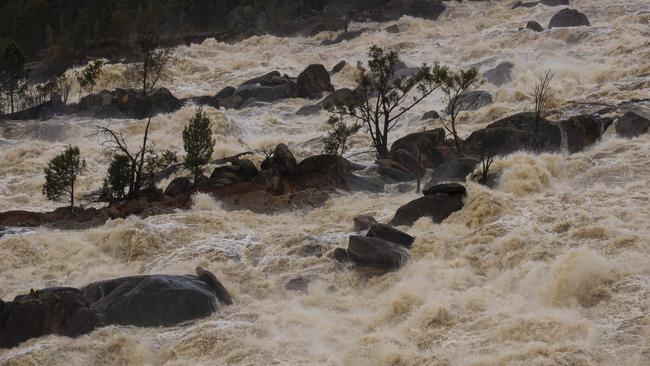
This is particularly pressing in Australia where emissions went up by 0.1 per cent in the year up to September 2022.
Federal politicians are embroiled in a heated debate this week over a groundbreaking Bill, which has the potential to alter the path of Australia’s still rising carbon emissions.
If passed, the safeguard mechanism Bill would require the nation’s 215 largest polluters to reduce their emissions by 4.9 per cent each year to 2030.
“It is absolutely critical that the new safeguard mechanism under the emissions reduction fund is effective,” former federal climate commissioner Lesley Hughes said.
“It’s essential that the government this week gets the safeguarding mechanism right,” Dr Bradshaw agreed.
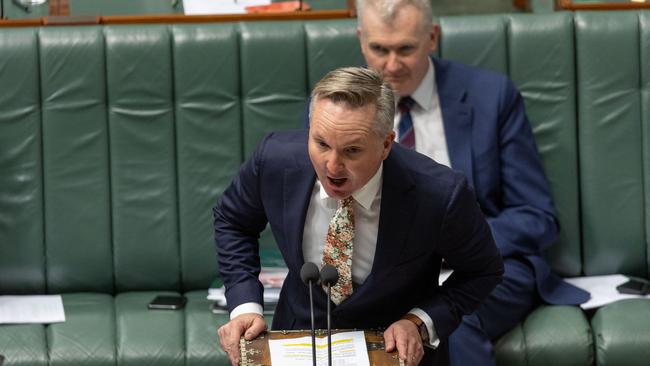
“It is very clear from the science that we can’t offset our way out of this problem.
“The science repeatedly points towards moving beyond coal, oil and gas. That is the main game for these crucial years ahead.”
Climate Change Minister Chris Bowen said the government’s safeguard mechanism – which has left the door open for new fossil fuel projects – was an “opportunity” to bring down emissions.
Mr Bowen says it would have the same impact as taking two-thirds of the country’s cars off the road.
“Ten years of denial and delay has increased the threat of climate change to our health, environment, economy and national security, the government is acting rapidly to urgently turn this around,” Mr Bowen said.
“If passed, our reforms will come into effect in just 101 days from now.”
With no chance of support from the Coalition, Mr Bowen and the government are in negotiations with the Greens and independent senators, including David Pocock.
The Greens and independents in both houses are yet to commit their vote, as they continue to put pressure on the government to close the loophole that allows for new coal and gas projects.
Originally published as 6 years, 123 days, 20 hours to stop climate warming to 1.5C

